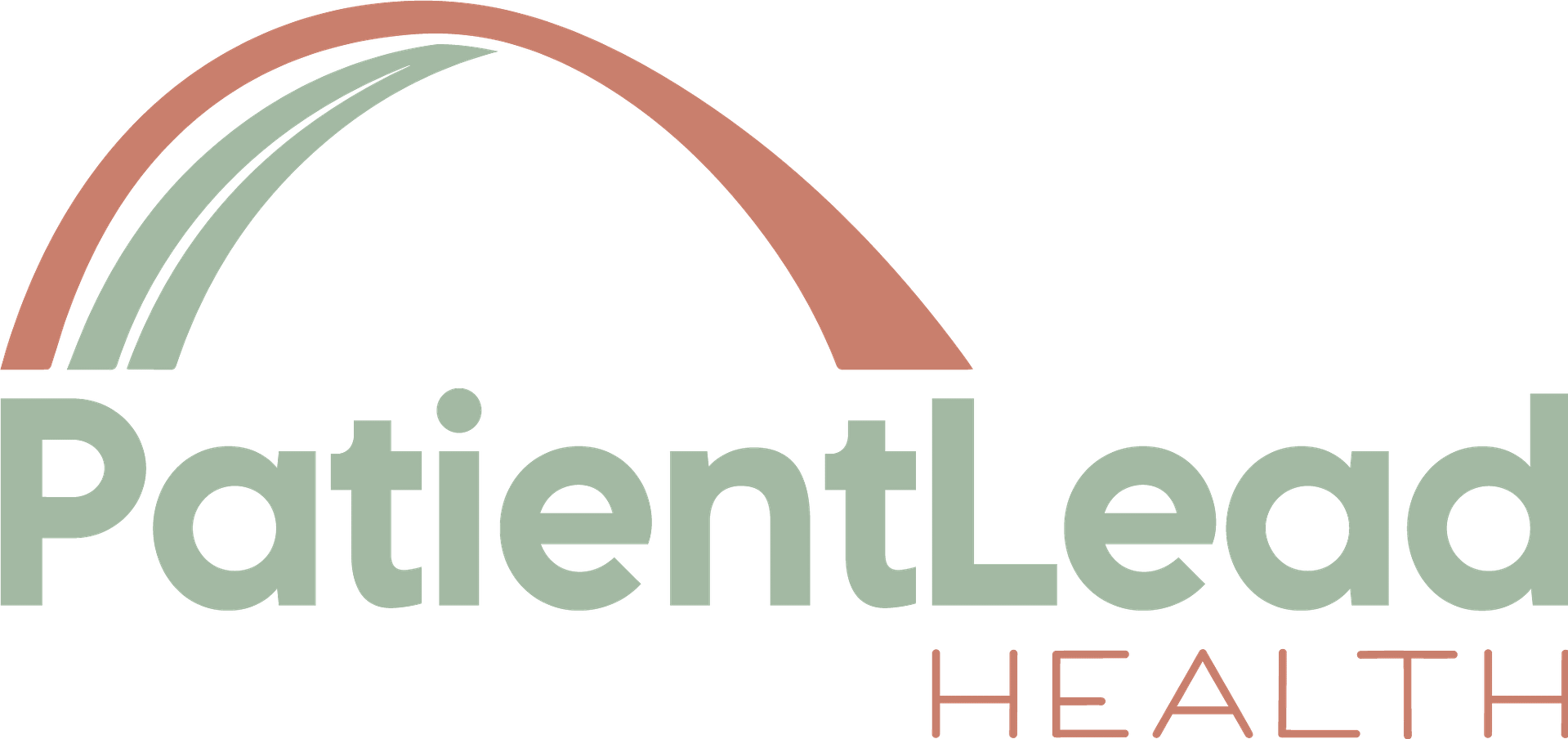Why Being a ‘Difficult’ Patient Might Save Your Life

Sometimes the squeaky wheel doesn’t just get the grease, it gets the diagnosis.
The Compliant Patient Paradox
Picture this: You’re sitting in a sterile examination room, wearing a paper gown that crinkles every time you breathe. The doctor walks in, glances at their tablet, and delivers a rapid-fire assessment that leaves you with more questions than answers. You nod politely, say “thank you,” and walk out wondering if you just experienced healthcare or a very expensive game of medical Mad Libs.
If this sounds familiar, congratulations—you’re what the medical world calls a “good” patient. You’re compliant, deferential, and you don’t “waste” anyone’s time with pesky questions. But here’s the plot twist that would make M. Night Shyamalan jealous: being a “good” patient might actually be bad for your health.
The Art of Strategic Difficulty
Before you start imagining yourself as the medical equivalent of a Karen demanding to speak to the manager, let’s clarify what we mean by “difficult.” We’re not talking about throwing bedpans or staging dramatic fainting spells (though points for creativity). We’re talking about being what I like to call “strategically difficult”—the kind of patient who asks inconvenient questions, requests second opinions, and refuses to accept “it’s probably nothing” as a medical diagnosis.
Strategic difficulty includes:
- Asking “Why?” when given a diagnosis
- Requesting explanations for treatments
- Bringing written lists of symptoms
- Advocating for further testing when something feels wrong
- Questioning medication side effects
- Seeking second opinions for major decisions
The Medical Minority Report
Here’s a sobering statistic that should make every compliant patient’s paper gown rustle with concern: diagnostic errors affect roughly 12 million Americans annually. That’s about one in every 20 patients walking out of a doctor’s office with the wrong diagnosis or no diagnosis at all.
Dr. Sarah Chen, an emergency medicine physician in Chicago, puts it bluntly: “The patients who challenge me, who come prepared with questions and won’t let me rush through their appointment—those are often the patients whose lives I end up saving. The ones who make me slow down and really think.”
When Nice Nearly Killed Me
A personal story from Maria Rodriguez, 34, marketing executive
“I spent six months being the perfect patient. Fatigue? ‘You’re probably just stressed.’ Joint pain? ‘Try some ibuprofen.’ When I finally got fed up and demanded blood work, they discovered I had lupus. Six months of ‘being nice’ had cost me six months of treatment. Now I show up with printed symptom logs, questions written on index cards, and zero shame about taking up time. My rheumatologist says I’m one of her most ‘prepared’ patients, which I’ve learned is doctor-speak for ‘difficult, but in a good way.'”
The Psychology of Medical Politeness
Why do we turn into meek, agreeable versions of ourselves the moment we step into a medical setting? It’s a fascinating psychological phenomenon rooted in several factors:
Power dynamics: The white coat effect is real. We automatically defer to medical authority, even when our gut tells us something’s wrong.
Time pressure: We’ve internalized the message that healthcare is rushed, so we try to be “efficient” patients who don’t slow things down.
Medical gaslighting: Women, in particular, have been trained to accept dismissive responses to their symptoms, leading to delayed diagnoses of everything from heart disease to autoimmune conditions.
Fear of judgment: Nobody wants to be labeled a hypochondriac or a “problem patient.”
The Difficult Patient’s Toolkit
Ready to embrace your inner medical maverick? Here’s how to be productively difficult:
Come armed with data: That symptoms journal isn’t just busy work—it’s evidence. Track patterns, triggers, and timing. Make copies. Highlight trends.
Ask the magic questions:
- “What else could this be?”
- “What would happen if we wait?”
- “What are the risks of this treatment versus not treating?”
- “Can you walk me through your reasoning?”
Request the roadmap: Ask for a clear explanation of next steps, expected timelines, and warning signs that should bring you back immediately.
Embrace the awkward pause: When a doctor says “it’s probably nothing,” let that statement hang in the air for a moment. Then ask, “How can we be sure?”
Bring backup: Whether it’s a friend, family member, or even a voice recorder (with permission), having a witness can change the entire dynamic of an appointment.
The Goldilocks Zone of Difficulty
Like everything in life, there’s a sweet spot. You want to be assertive enough to advocate for yourself but not so confrontational that you damage the therapeutic relationship. Think of it as being “difficult with a smile”—persistent but not aggressive, questioning but not accusatory.
Green flags of good difficulty:
- Asking for clarification
- Requesting second opinions
- Bringing organized symptom logs
- Following up on promised test results
Red flags of counterproductive difficulty:
- Demanding specific medications or tests without medical basis
- Refusing to listen to medical advice
- Being hostile or aggressive with staff
- Diagnosing yourself via internet searches and insisting you’re right
The Ripple Effect
When you become a strategically difficult patient, something interesting happens: you don’t just improve your own care—you potentially improve care for the patients who come after you. Doctors who are regularly challenged by thoughtful, prepared patients become better diagnosticians. They slow down, ask better questions, and develop more thorough approaches to complex cases.
Your Health, Your Rules
At the end of the day, you are the CEO of your own body. You wouldn’t run a business by nodding along with every suggestion without asking questions, so why would you manage your health that way?
Being a “difficult” patient isn’t about being difficult for the sake of it—it’s about refusing to accept substandard care when your life might literally depend on getting it right. It’s about recognizing that politeness and passivity aren’t the same thing, and that sometimes the most respectful thing you can do for both yourself and your healthcare provider is to push for excellence.
So the next time you’re sitting in that crinkly paper gown, remember: the squeaky wheel doesn’t just get the grease—sometimes it gets the life-saving diagnosis that a quieter wheel would never receive.
Your health is worth a little strategic difficulty. Your life might depend on it.
Pro Tip: Being an advocate for your health doesn’t mean being antagonistic toward healthcare providers. The goal is collaborative care where your voice is heard and your concerns are taken seriously. When in doubt, seek second opinions and trust your instincts. They’re often more accurate than you think.
